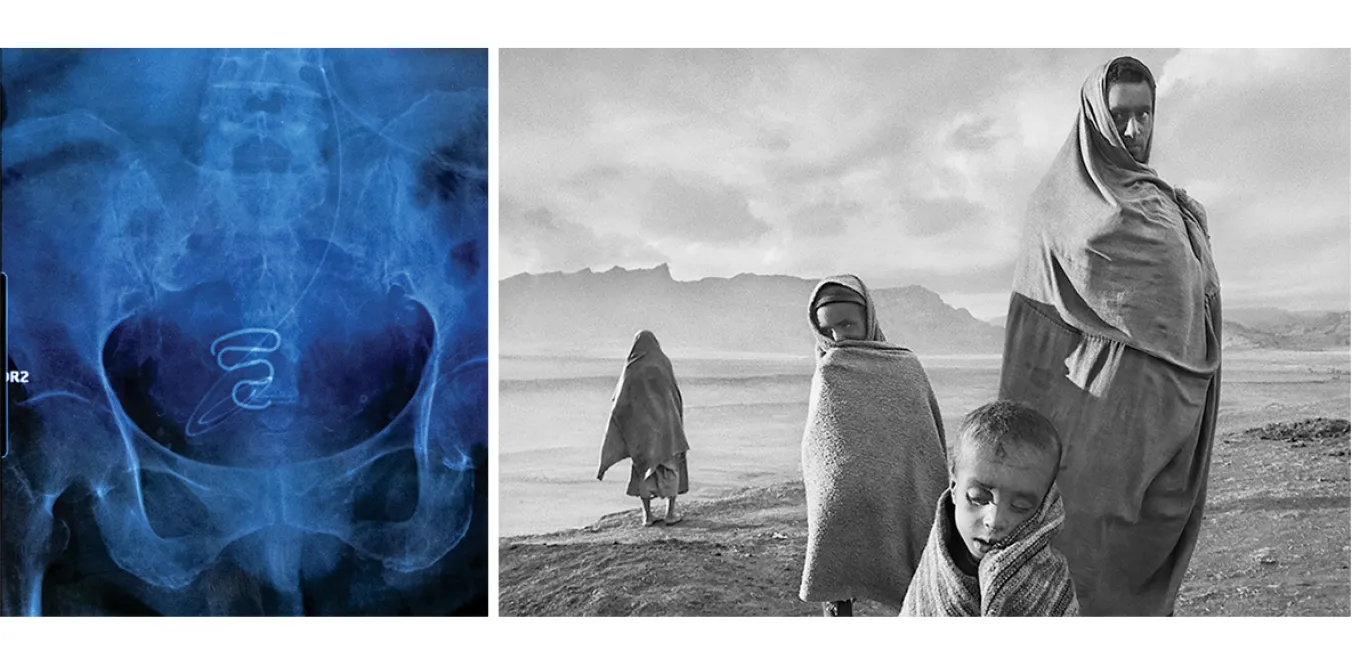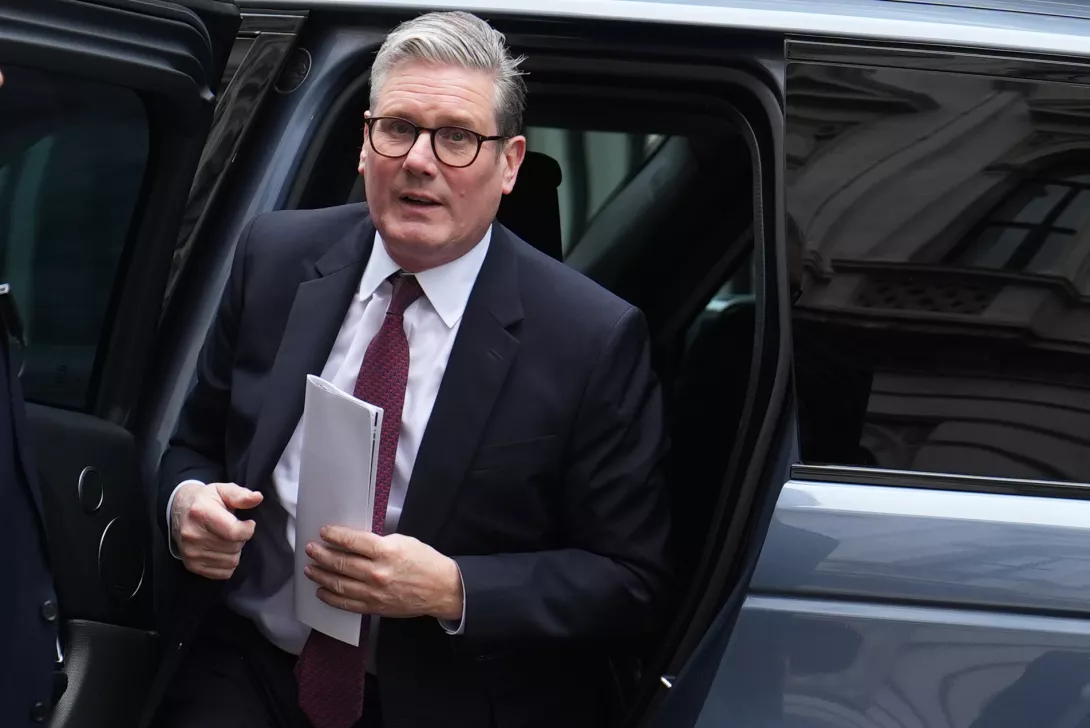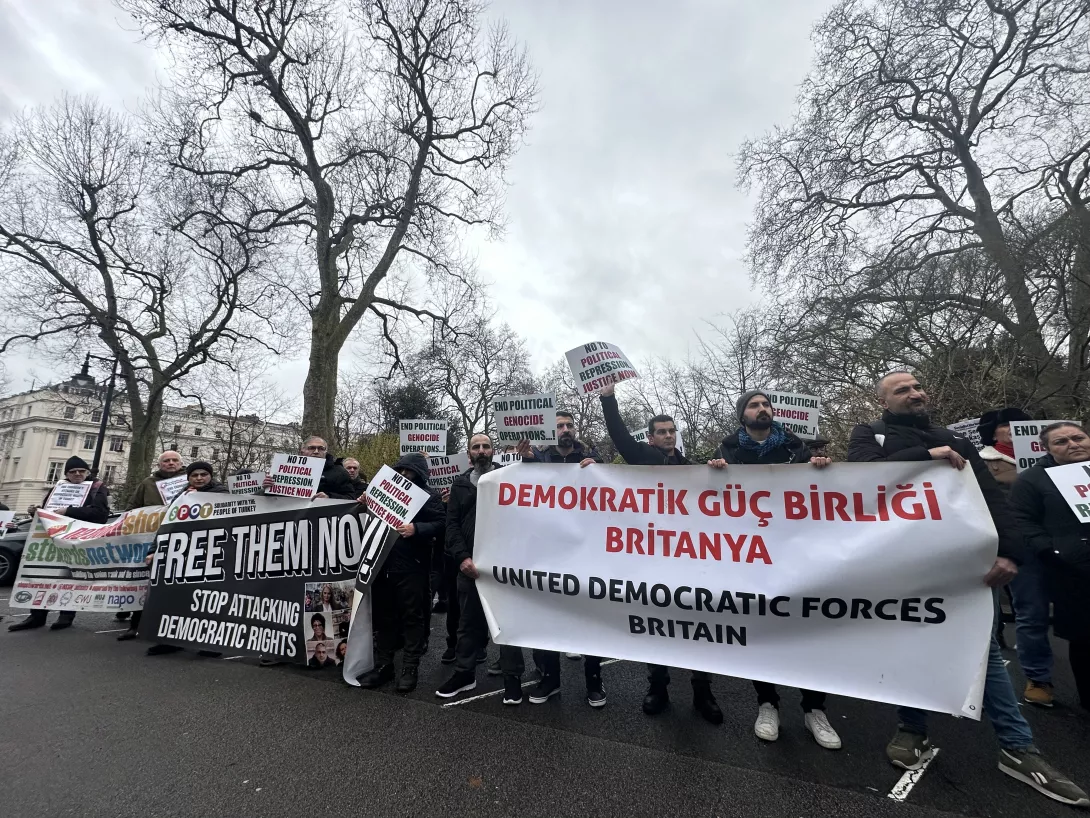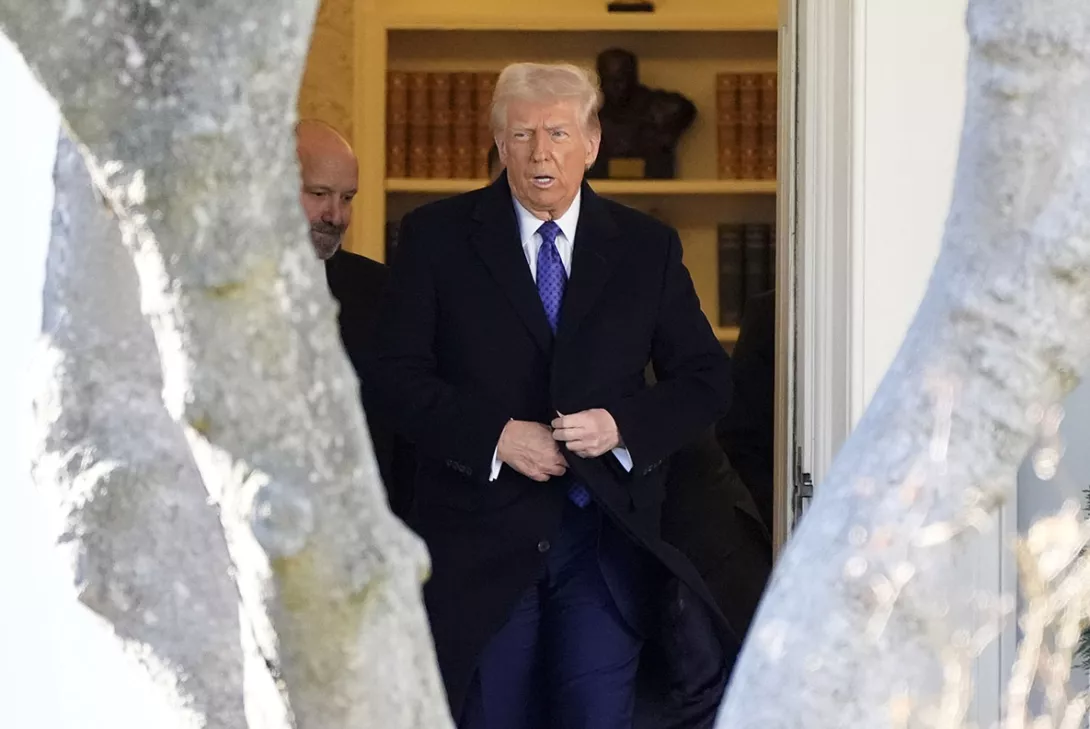Thousands more women deserve mesh compensation, campaigner says
THOUSANDS more women deserve compensation for complications from vaginal mesh implants, a leading campaigner said today.
Sling the Mesh founder Kath Sansom welcomed the news that more than 100 women in England were given payouts for a group settlement.
But she said this was only a “tiny fraction” of women who deserve compensation.
More from this author
Similar stories

Speaking to ELIZABETH SHORT, local campaigners explain why the murky plans for profit-driven ‘reform’ and the convoluted relocation of services at Europe’s largest women’s hospital need to be resisted

LYNNE WALSH’S choice are photographers prepared to focus on the outcomes of the politics of exclusion














